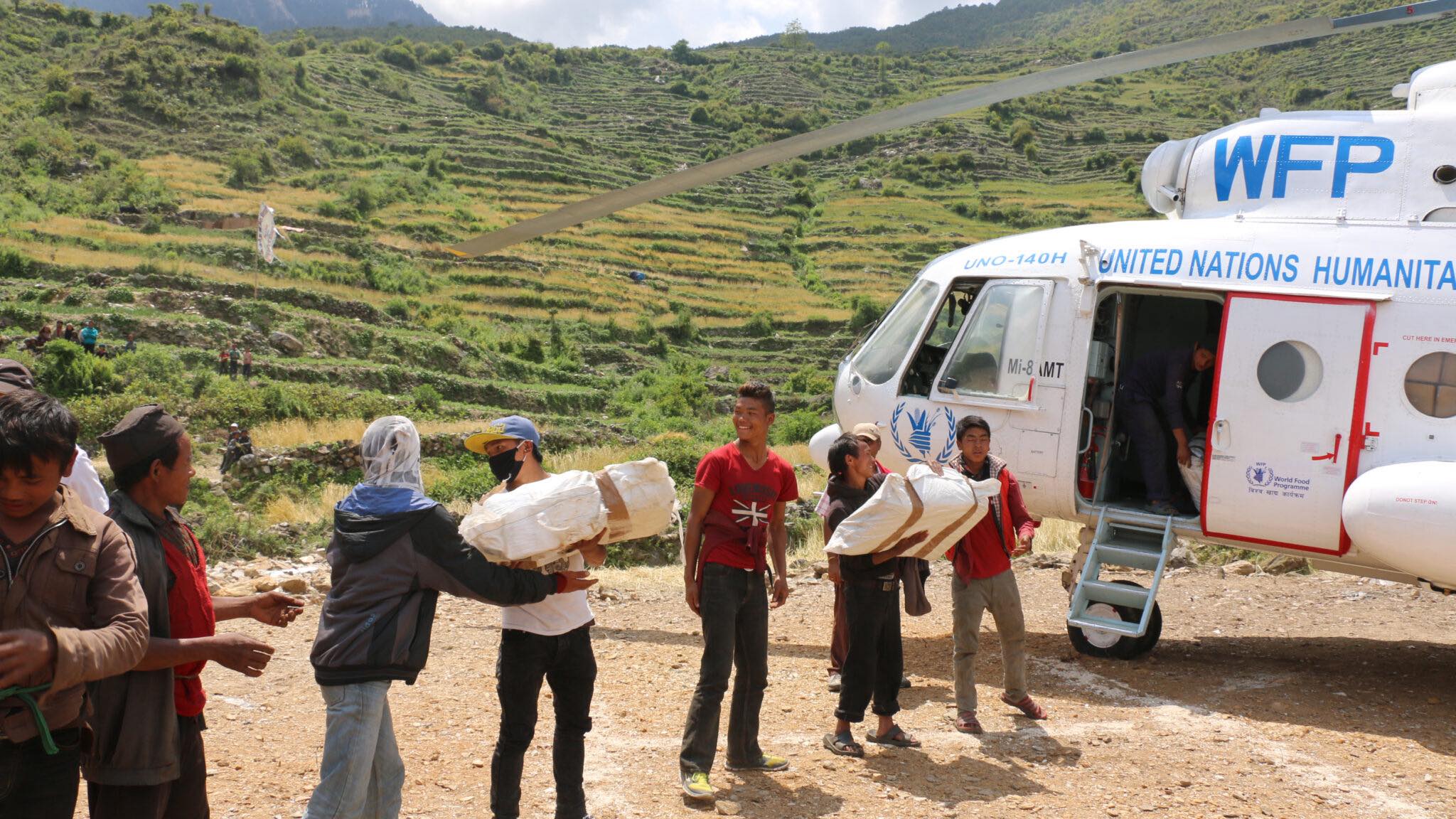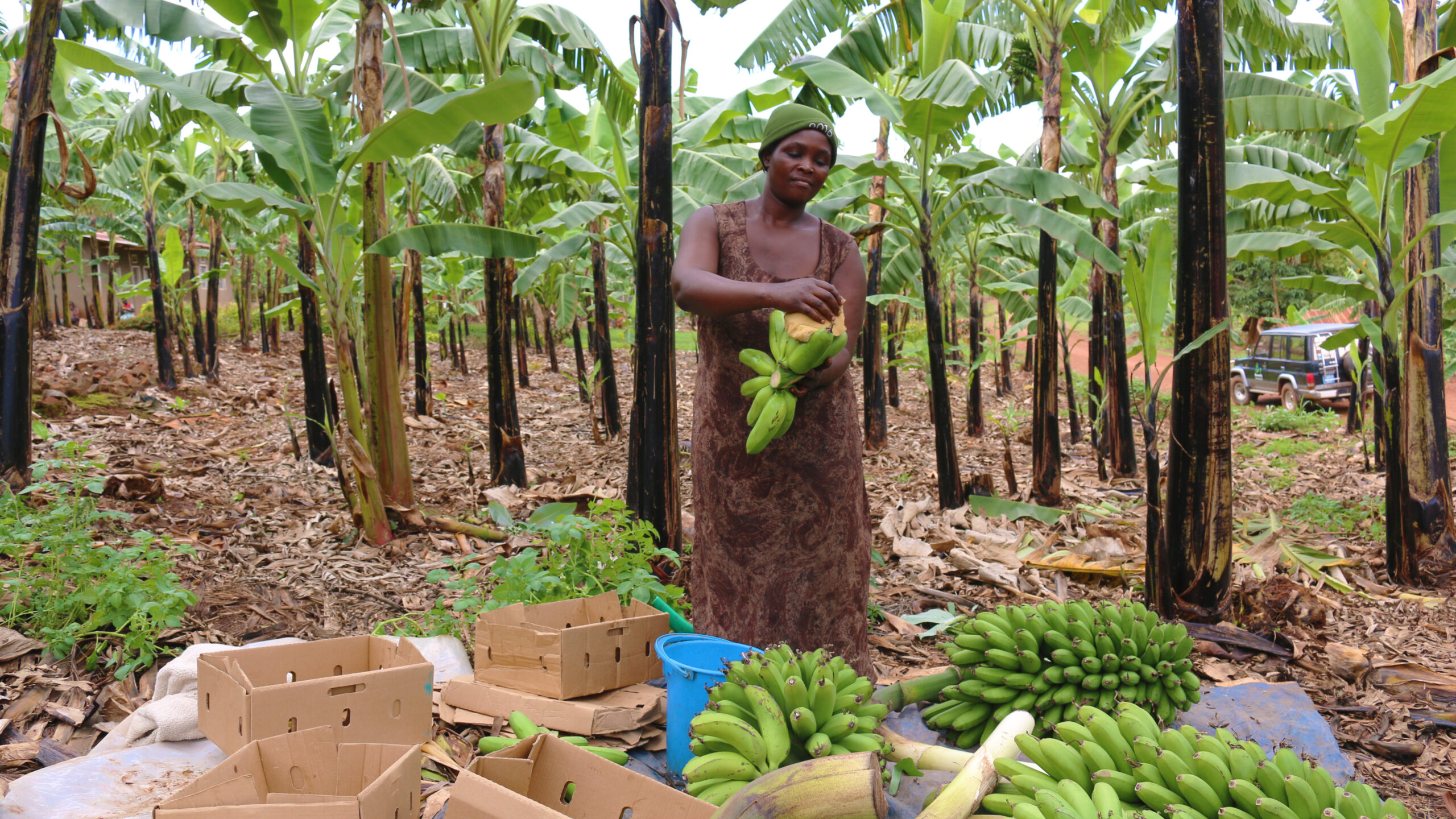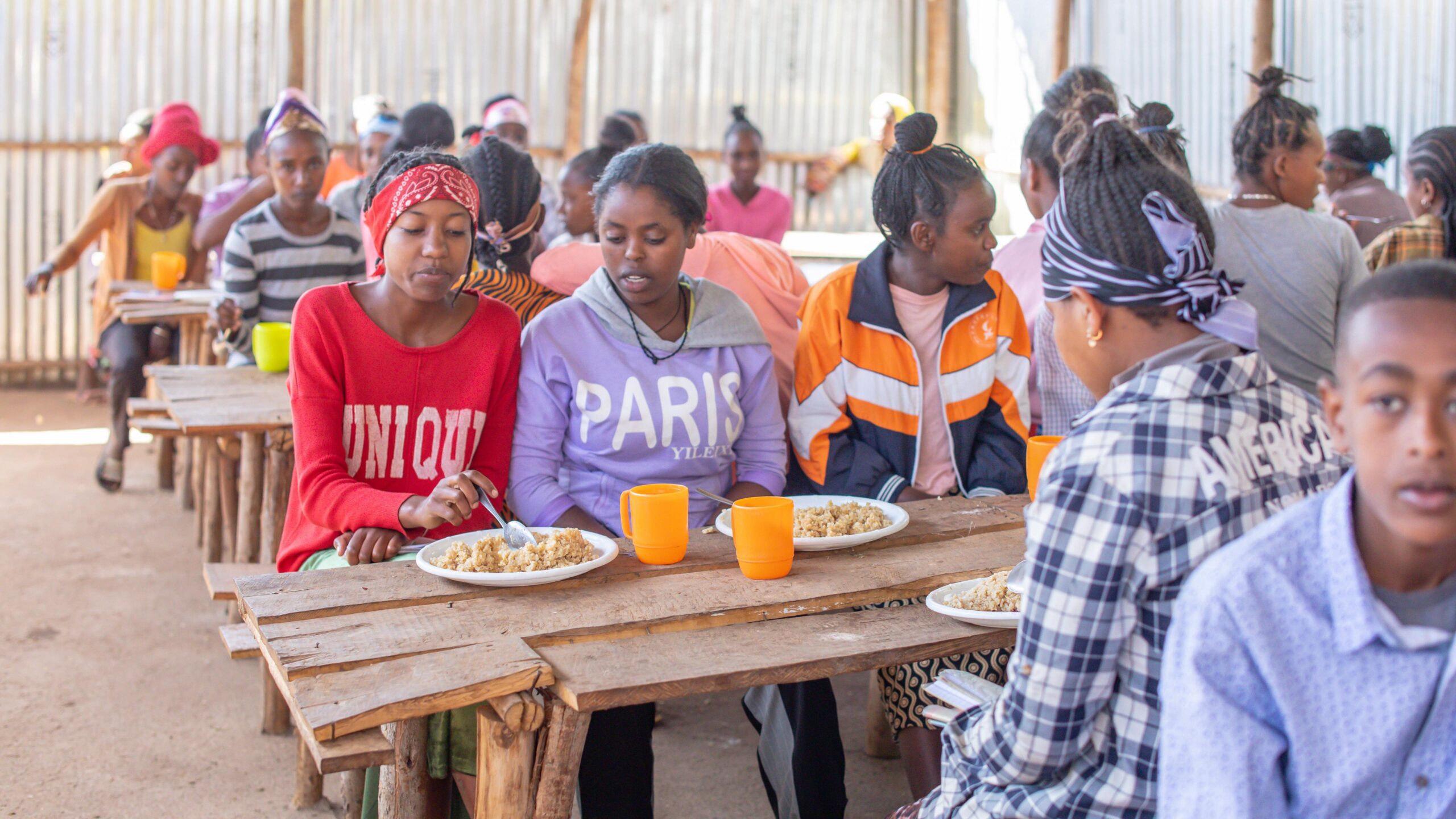How will the world feed a growing population in the face of climate change? According to a major report released by a group of influential scientists last week, the sustainable intensification of agriculture and the elimination of food waste and loss are among the building blocks of a resilient global food system.
“Food insecurity and climate change are already inhibiting human well-being and economic growth throughout the world and these problems are poised to accelerate,” said Sir John Beddington, chair of the 13-member Commission on Sustainable Agriculture and Climate Change. “Decisive policy action is required if we are to preserve the planet’s capacity to produce adequate food in the future.”
The report, Achieving Food Security in the Face of Climate Change, lays out seven action points that policymakers—including those attending the Rio+20 Earth Summit in June—should adopt, according to the Commission, to foster sustainable agriculture and efficient food supply chains. This “policy roadmap” includes increased investment in agricultural research, the reshaping of food access and consumption patterns and the reduction of agricultural sector greenhouse gas emissions.
The report culls its policy recommendations from recent studies on food security and climate change, including IFPRI’s 2010 research monograph Food security, farming, and climate change to 2050. Scenarios, results, policy options.
A six-minute video details the report’s key messages.
An initiative of the CGIAR Research Program on Climate Change, Agriculture and Food Security and the Global Donor Platform, the Commission brings together leading scientists in the fields of agriculture, climate, food and nutrition, economics, and natural resources from all corners of the world. Read more about the Commission.







